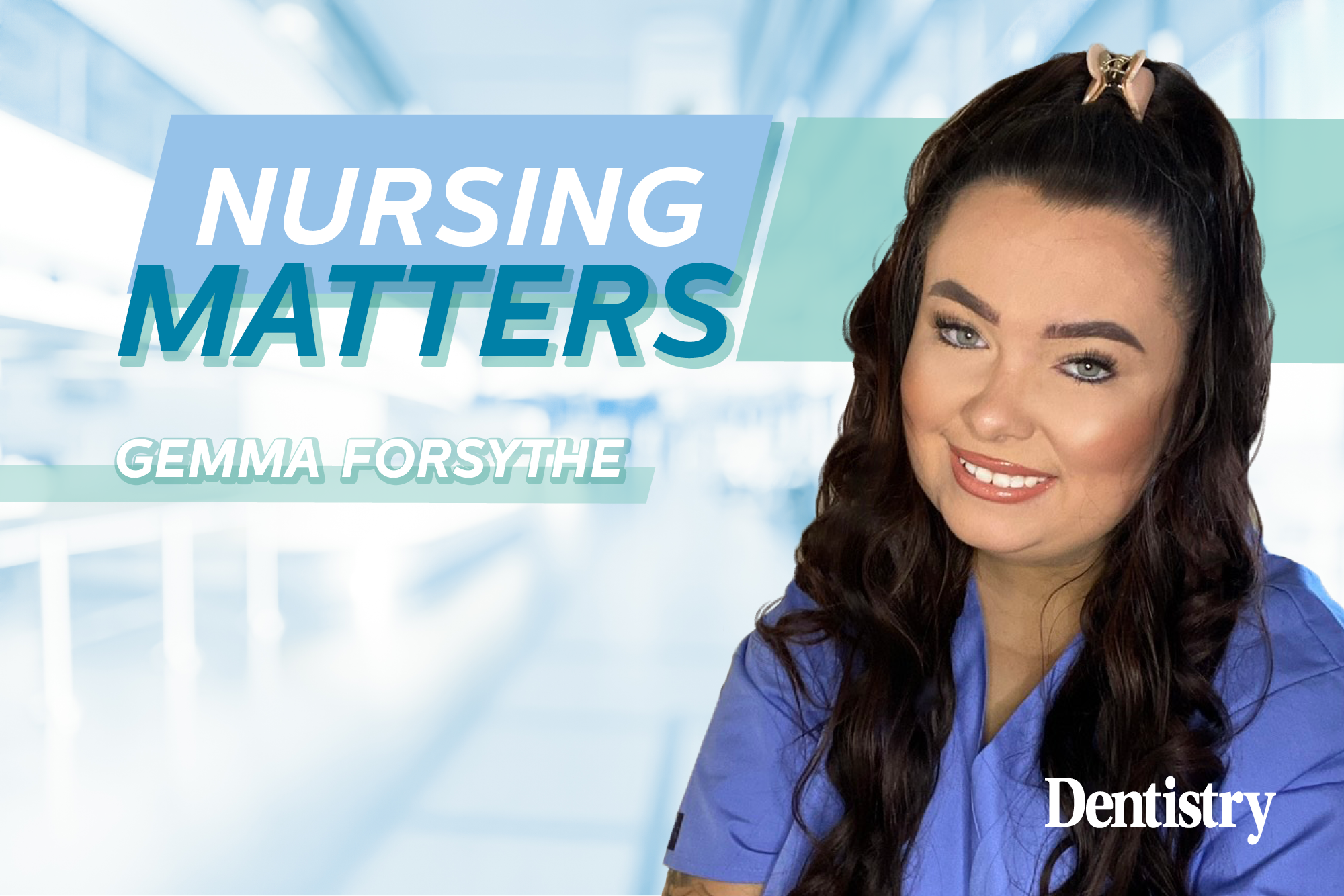
In light of ‘Sober October’, Gemma Forsythe discusses the importance of opening up conversations about alcohol consumption.
This month’s topic highlights the importance of opening up conversations about patients’ alcohol intake in general dental practice. What better month to talk about alcohol than ‘Sober October’?
It is now commonly asked on medical history forms to state how many units of alcohol per week patients consume.
Patients may think that we’re just being nosey – ‘Why would a dental practice need to know how much I drink?’
But it is important to stress the effect excessive alcohol consumption can have on our oral health and general wellbeing.
After caffeine, alcohol is the second most commonly consumed drug in the UK.
Oral cancer
Excessive alcohol intake is one of the risk factors for oral cancer. Along with smoking, being overweight, poor diet and excessive sunlight.
Those who smoke and drink alcohol excessively have around a 30 times higher risk than someone who does not smoke or drink.
In addition, heavy drinkers are more at risk of developing oral cancer than light drinkers.
Statistics show that 16-24 year olds drink the least, while the heaviest drinkers are middle-aged.
Oral cancer is just one of the effects that excessive alcohol consumption can affect the oral cavity.
There is also higher risk of tooth wear (as alcohol increases gastro-reflux risk and can induce vomiting), periodontal disease (risk indicator) and caries (due to high sugar in alcohol and possibility of lower saliva pH).
Let’s also not forget about the increased risk of dental trauma due to falls/accidents while intoxicated.
Alcohol consumption guidelines
For both men and women, it is advised that we do not consume more than 14 units of alcohol per week.
Fourteen units equates to about a bottle and a half of wine or six/seven pints of medium strength beer.
It is also advised that, if you are going to consume 14 units of alcohol per week, this is done over at least three days to avoid binge drinking.
Those that are identified as low risk should be informed as such.
Patients identified as high-risk should be informed and given brief advice surrounding this. They should also be signposted to their GP or local alcohol support services.
A lot of people who consume excess alcohol may not even be aware of the 14 unit guidelines. Likewise, they may not know they are drinking far more than this until identified by a professional.
What to advise patients
Advice in practice to lower alcohol intake could include:
- Having several alcohol free days per week
- Using a smaller glass for alcohol
- Alternating alcoholic drinks with soft drinks/water
- Switching to lower strength alcoholic drinks.
Leaflets could also be provided to support this.
Supporting patients in a non-judgemental way can encourage them to really have a look at their alcohol intake.
Advice can be provided by dentists, hygienists/therapists and dental nurses. However, it has been identified that nurse-led brief intervention is effective.
This is because dentists do not need to spend large amounts of time giving advice. As well as this, a team approach can be utilised to incorporate this brief advice into a busy surgery schedule.
Supporting the patient
If the patient is not yet ready to give up, we must respect their decision.
We can remind them we are always here for support and sign posting to other avenues of help.
In addition, we can check-in with them at their next examination to see if they would consider quitting or if they have already lowered their alcohol intake.
We have to take into account how peoples’ life experiences can affect how they cope with difficult situations. Alcohol can be a crutch for some people who are going through a hard time.
Due to this, we must not push a person to quit when they are not ready. This is similar to smoking cessation where the same rule applies.
Sober October by Macmillan Cancer Support is a good way to sell stopping drinking – especially as it is for a good cause by raising money for a cancer charity.
It has also been said that, if you can do something for 28 days in a row, it is more likely to become a habit. So what better way to quit than challenging yourself with something like this?
People who have ‘gone sober’ have described a clearer head, more energy, better sleep, weight loss and a real sense of achievement.
If you are interested in finding out more about Sober October or taking part, visit gosober.org.uk.
Catch up with previous Nursing Matters:
- How to support patients living with Alzheimer’s
- The importance of oral health conversations with children
- Utilising your personal development plan (PDP)
- How we can all promote LGBTQ+ inclusivity
- Placing the focus on mental health.
Email [email protected] for references.
Follow Dentistry.co.uk on Instagram to keep up with all the latest dental news and trends.


